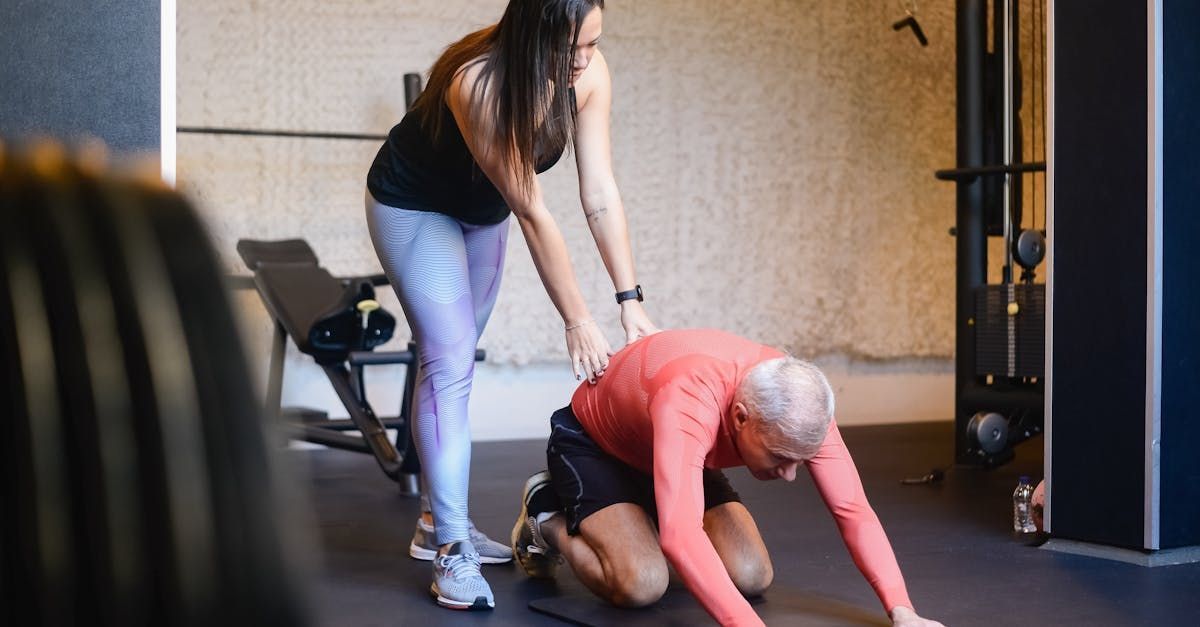The reason why you should exercise

Physical activity: Offers immediate brain benefits, such as enhanced cognition in children aged 6 to 13 and reduced anxiety in adults. Over time, regular physical activity maintains sharp thinking skills, reduces depression and anxiety, and promotes better sleep.
Weight management: Both diet and physical activity are crucial. To maintain weight, gradually work up to 150 minutes per week of moderate-intensity activity, like dancing or gardening. For weight loss, higher levels of activity combined with dietary adjustments are needed.
Reducing health risks: Regular physical activity lowers the chances of cardiovascular diseases like heart disease and stroke, as well as type 2 diabetes and metabolic syndrome. It may also mitigate severe outcomes from infectious diseases such as COVID-19 and improve outcomes for cancer survivors.
For older adults, physical activity strengthens muscles and bones, supports daily activities, and reduces the risk of falls, enhancing overall quality of life and longevity.
In summary, physical activity offers a wealth of benefits across all stages of life, from immediate cognitive boosts to long-term health improvements and enhanced quality of life for those with chronic conditions or disabilities.


